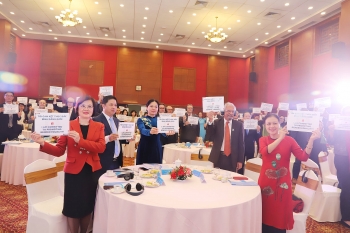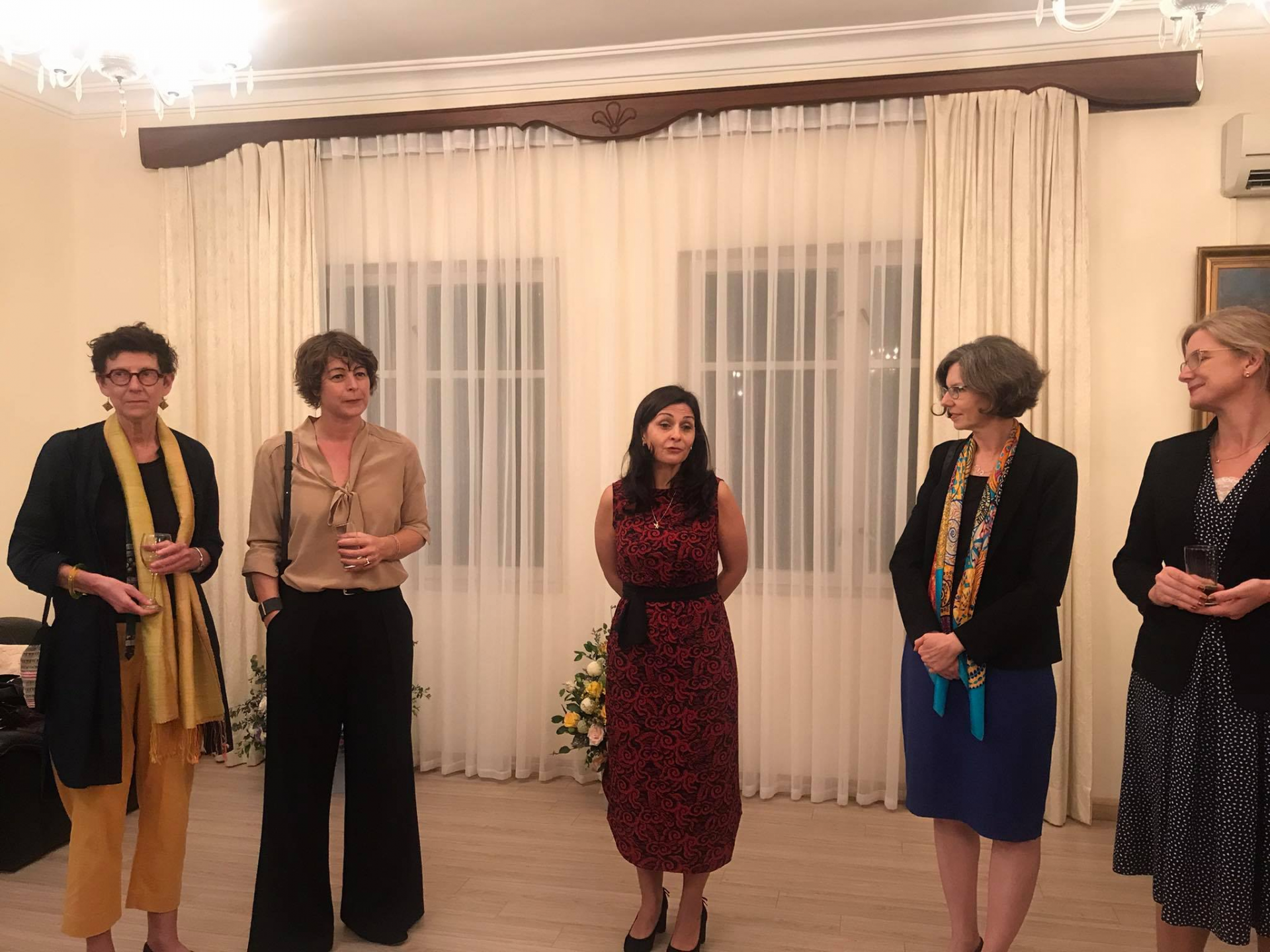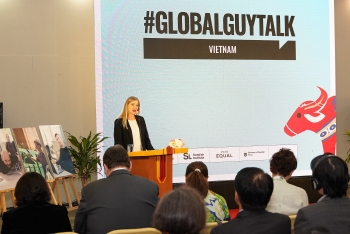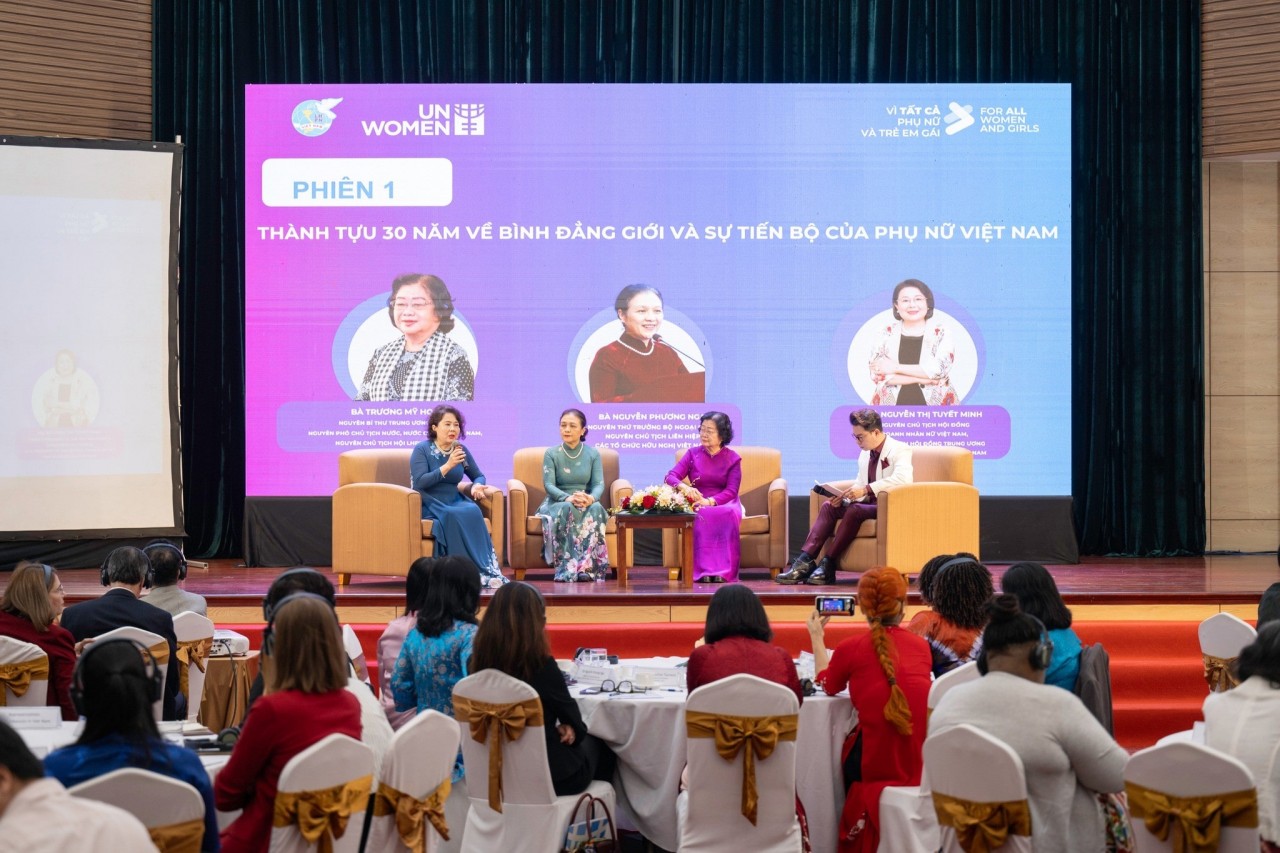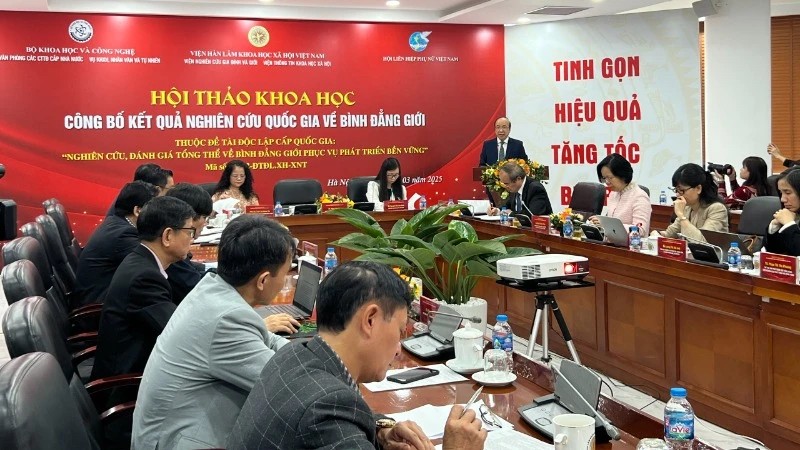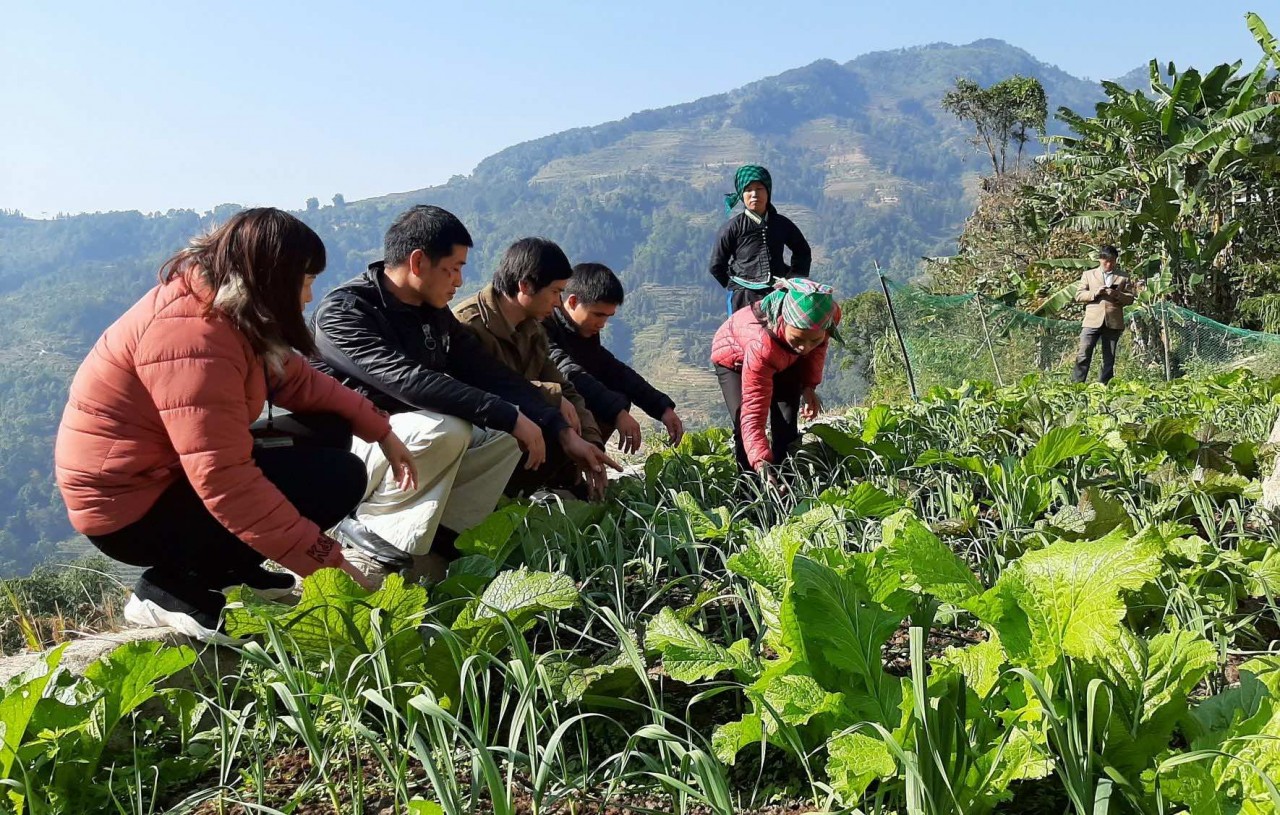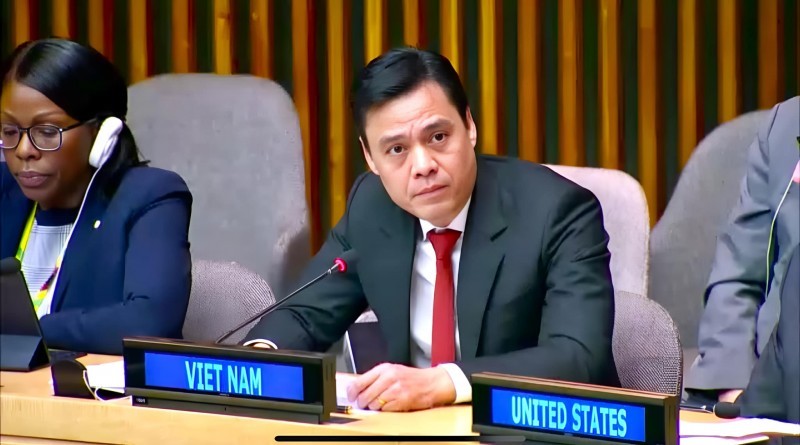UNFPA, Norway help Vietnam end gender-biased sex selection
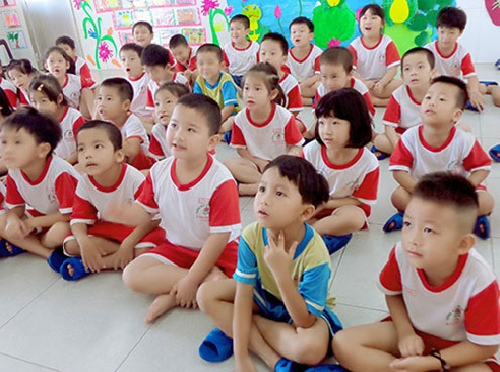 |
| Vietnam has made progress in promoting gender equality. Photo: baophunuthudo.vn |
The UN Population Fund (UNFPA) and the Norwegian Government have pledged to cooperate with and support Vietnam, at both national and sub-national levels, in ending gender-biased sex selection (GBSS), for a brighter future of next generations of Vietnam.
The commitment was made by Norwegian Ambassador to Vietnam Grete Lochen and UNFPA Representative in Vietnam Naomi Kitahara at a working session on gender equality in Vietnam, focusing on gender-based violence and GBSS, on April 15, the Vietnam News Agency (VNA) said.
The Norwegian Ambassador said that the top priority of the Norwegian Government is to strengthen and observe global standards on the rights of girls and women, including changing the preference for sons.
The Norwegian Government is working with many partners and relevant parties, including the UNFPA, to deal with the problem on global, regional, and national scales, she said.
Lochen expressed delight at Vietnam’s pioneering role in dealing with GBSS, affirming that close cooperation and a comprehensive approach are among the major measures for the successful resolution of the problem.
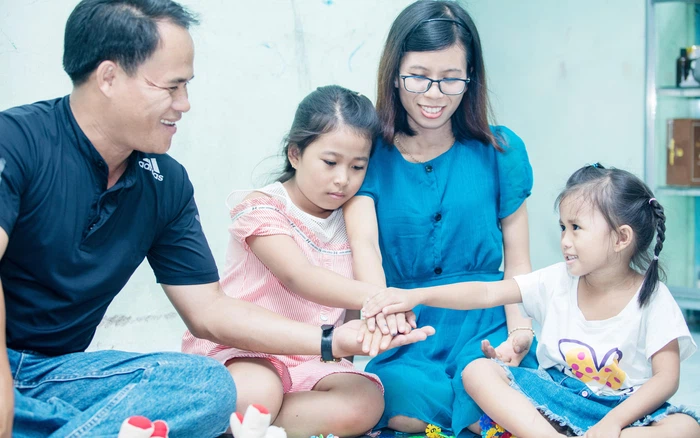 |
| Gender equality in Vietnam has improved over the past decades. Photo: https: phunuvietnam.vn |
For her part, Kitahara acknowledged Vietnam’s progress in promoting gender equality. She also said that this progress should be further sped up within the completion of the sustainable development goals (SDGs).
She pledged to assist Vietnam and local social organisations to hasten changes towards becoming a modern, progressive country where all women and girls have access to the same opportunities as men and boys.
The working session was a chance for both sides to review the three-year “Addressing Gender Biased Sex Selection and Related Harmful Practices in Vietnam” project, which was launched in April 2020.
The project is being jointly funded by the UNFPA and the Norwegian Government, and implemented by the Vietnamese Ministry of Labour, Invalids and Social Affairs, the General Office for Population and Family Planning under the Ministry of Health, the Vietnam Farmers’ Union, and the Centre for Studies and Applied Sciences in Gender, Family, Women and Adolescents.
It aims to support the Government's ongoing efforts to fully implement approved legal and policy frameworks to end GBSS, and includes campaigns conducted through innovative approaches to change social norms and practices that reinforce the preference for sons and the low value of girls, strengthening capacities in the media, implementing the fatherhood programme, and streamlining the country’s coordination mechanisms for GBSS.
Gender equality improvement
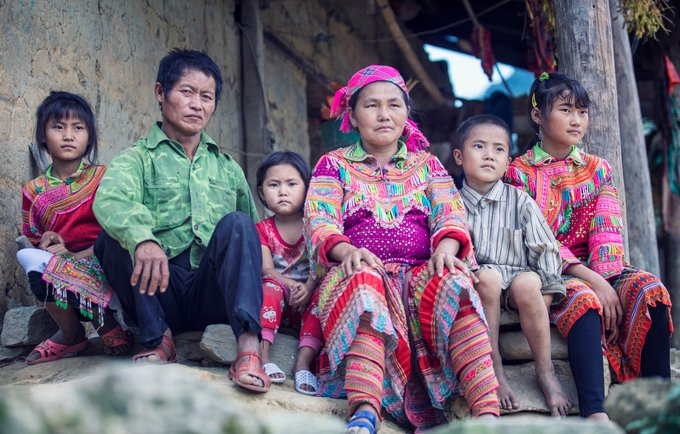 |
| Gender equality in Vietnam has improved over the past decades, but gender-biased sex selection as a harmful practice remains persistent in society. Photo: UNFPA |
According to UNFPA, gender equality in Vietnam has improved over the past decades, but GBSS as a harmful practice remains persistent in society. GBSS has been identified as the major cause of an imbalance in the Sex Ratio at Birth (SRB) in the country. The skewed SRB in Vietnam was first identified in 2004, and since 2005, the imbalance towards more boys has rapidly increased and reached 111.5 boys per 100 girls in 2019 as indicated in the 2019 Census.
Evidence shows that this demographic imbalance is a result of pre-natal sex selection based on son preference, which is deeply rooted in the traditional culture in many countries in the world including Vietnam. Son preference is a powerful manifestation of gender inequality.
GBSS should be addressed not only to ensure gender equality, but also because the unbalanced sex ratio has significant implications for the population’s marital status, and can also contribute to further fertility decline. As such, more intensified nation-wide efforts are needed to fully implement existing legal and policy frameworks to prevent GBSS and promote gender equality at more broadly./.
 | Tan Hiep Phat's efforts in ensuring gender equality at workplace Notwithstanding the difficulty in recruiting more women in the area, which involves a lot of outdoor work, moving from stall to stall, Tan Hiep Phat ... |
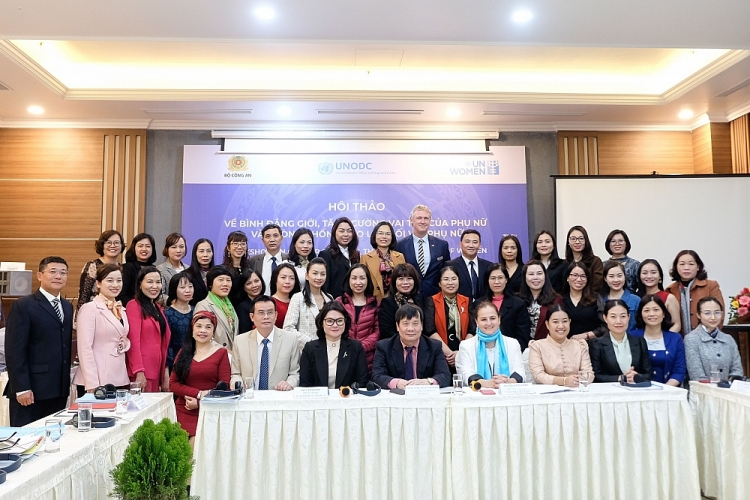 | International workshop on "Gender equality, the empowerment of women and violence against women" On December 15-16, in Hai Phong City, the Department of Foreign Relations under the Ministry of Public Security cooperated with the United Nations Entity for ... |
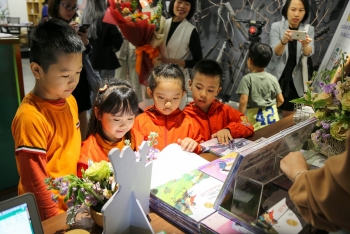 | First fairy tale books on gender equality officially introduced to Vietnamese children "Generation Equality – modern fairy tales", the first modern fairy tale picture books on gender equality for children have been debuted in Hanoi on October ... |
Recommended
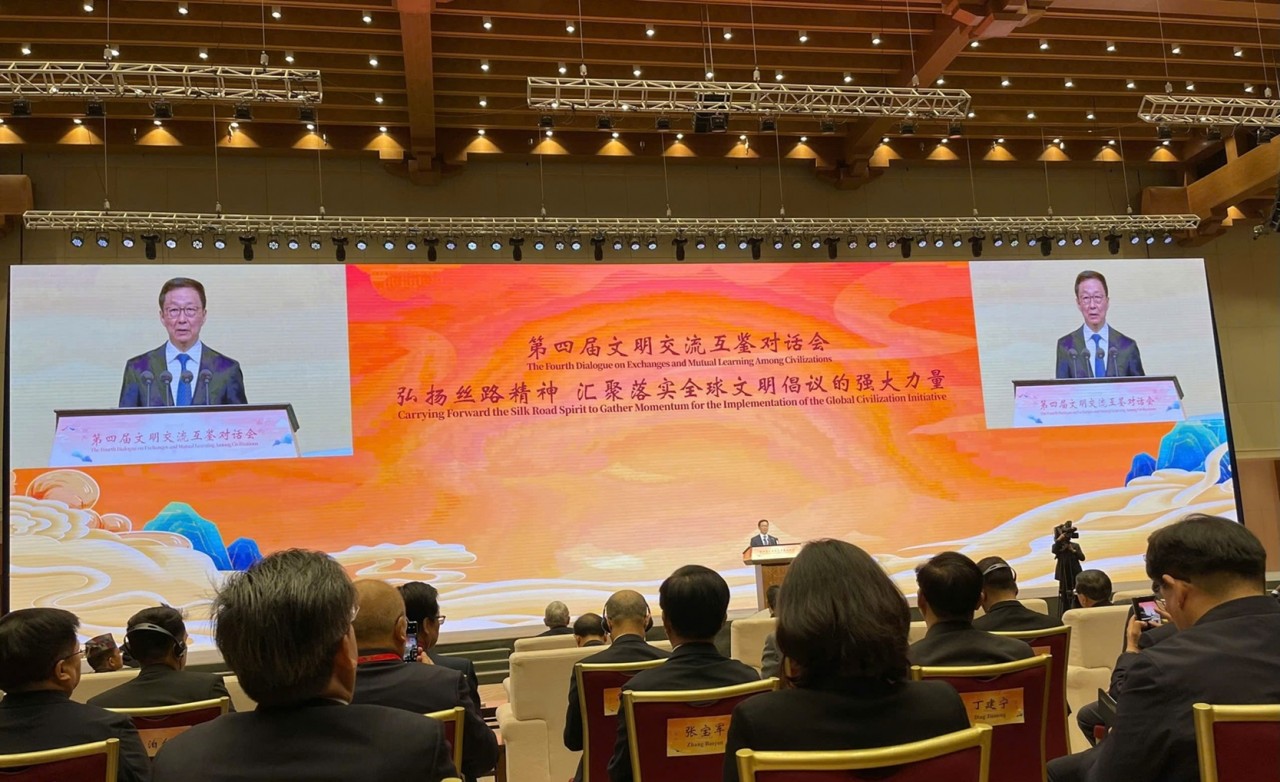 Friendship
Friendship
VUFO Attends Fourth Dialogue on Exchange and Mutual Learning among Civilizations
 Friendship
Friendship
COPI (US) Provides Free Medical Check-Ups for Nearly 1,000 People in Quang Nam
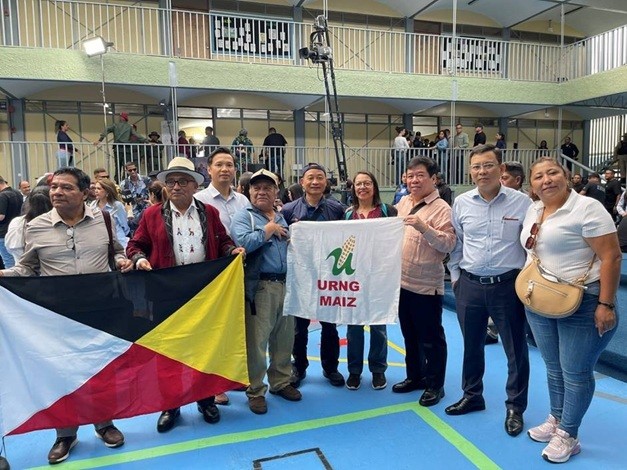 Focus
Focus
Strengthen Solidarity and Friendship Between Vietnam and Venezuela
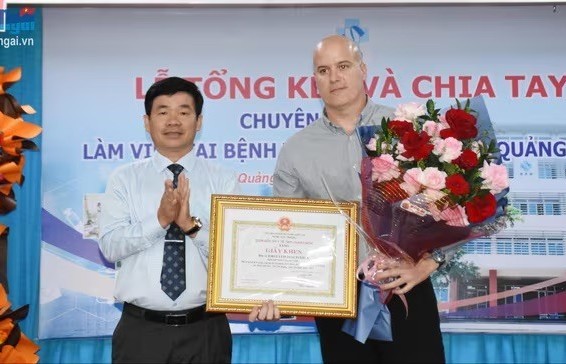 Friendship
Friendship
Quang Ngai Recognizes Cuban Health Experts' Contributions to Mother and Child Care
Popular article
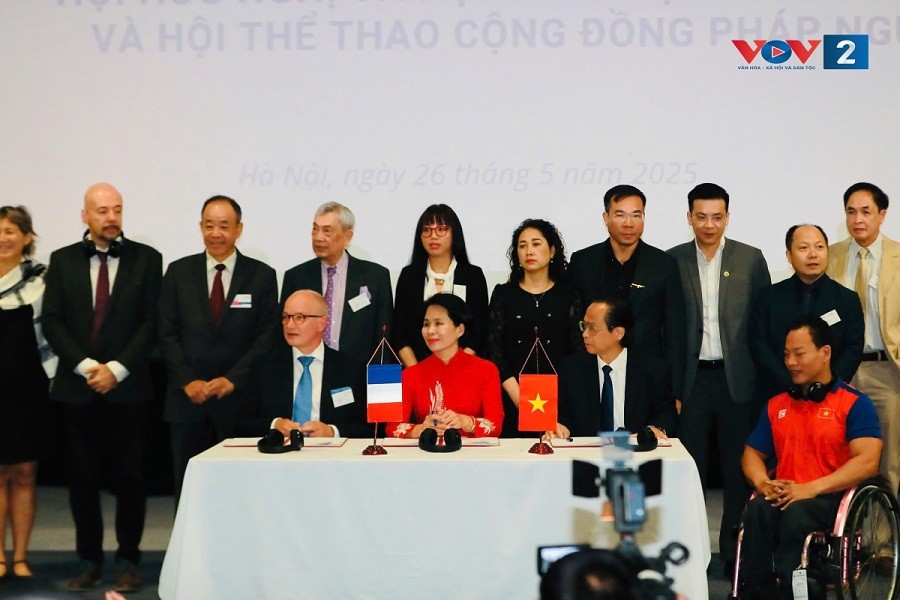 Friendship
Friendship
Vietnam, France Promote High-performance Sports
 Friendship
Friendship
Concert In Hanoi Highlights Vietnam - Azerbaijan Ties
 Focus
Focus
"Vietnamese - Cuban Children, Deep Friendship" Painting Contest Announces Winners
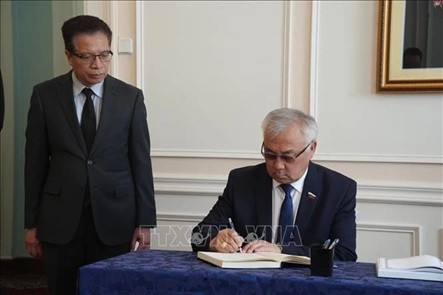 Friendship
Friendship

